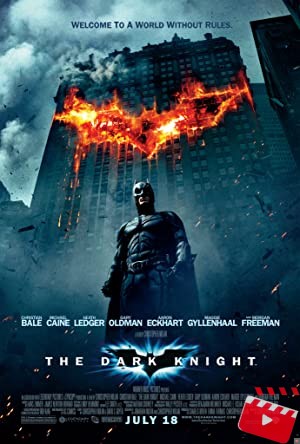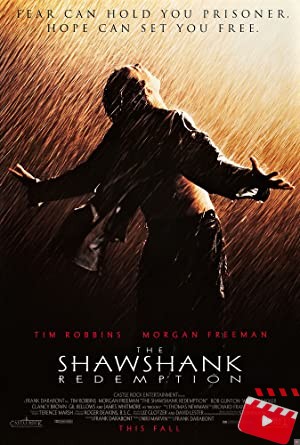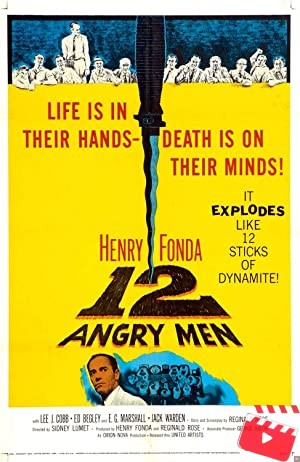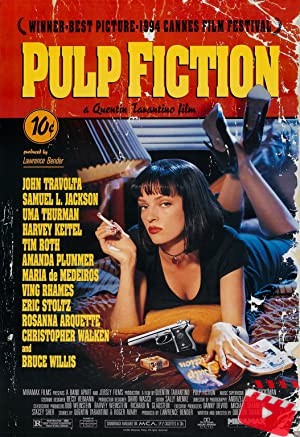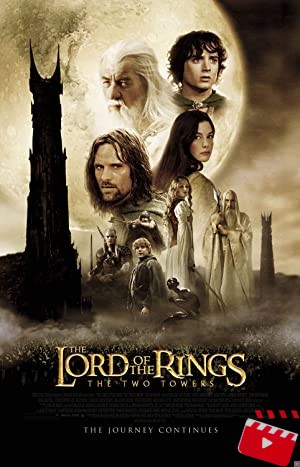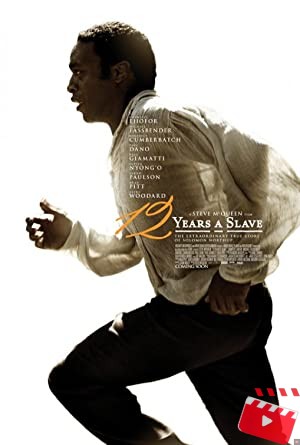
Citizen Kane, directed by Orson Welles in 1941, is a timeless classic that I would highly recommend to anyone looking for an intelligent and engaging film. From the very start, I was captivated by the mysterious story line, the striking cinematography, and the dynamic performances of the talented cast.
The plot of Citizen Kane revolves around the life of a wealthy publishing magnate named Charles Foster Kane, who dies under mysterious circumstances. The film then follows a reporter’s attempt to uncover the truth behind Kane’s final words: “Rosebud”. The way the story is told, through a series of flashbacks and interviews with Kane’s friends and associates, adds to the intrigue and keeps the audience guessing until the very end.
The cinematography of Citizen Kane is superb, with innovative camera angles and lighting techniques that were groundbreaking for their time. One of the most iconic shots from the film is the low-angle shot of Kane towering over his newspaper employees, which is just one example of the creative and effective use of camera work throughout the film.
The performances of the cast are also impressive, with Orson Welles himself delivering a powerful and nuanced portrayal of Charles Foster Kane. The supporting cast is equally solid, including Joseph Cotten as Kane’s best friend and Ruth Warrick as his second wife.
Overall, I would highly recommend Citizen Kane to anyone who appreciates a well-crafted and thought-provoking film. It is a true classic that has stood the test of time and is still as relevant and engaging today as it was when it was first released. So if you’re looking for a movie that will challenge you and keep you entertained from beginning to end, give Citizen Kane a try. You won’t be disappointed!
Lesson about Citizen Kane
Lessons can be learned from the movie Citizen Kane (1941).
The Best of Citizen Kane
- 1. Innovative Narrative Structure: Citizen Kane is considered revolutionary for its exploration of a fragmented narrative structure. The film tells the story of the life of Charles Foster Kane through a series of flashbacks and interviews with the people who knew him closely, introducing the audience to a variety of perspectives on his life. This approach offers a compelling narrative that leaves you wanting more.
- 2. Technical Brilliance: Orson Welles‘ innovation in the technical aspects of the film medium is legendary, and Citizen Kane stands out as one of the most impressive examples. The innovative use of deep focus photography and the unconventional use of camera angles creates a unique visual style that stands the test of time even today. The attention to detail, the unique lighting techniques, and the expert blending of mise-en-scene and cinematography make the movie unforgettable.
- 3. Compelling Themes: Citizen Kane is a film that explores the nature of power, wealth, and ego in society. Despite his wealth and power, Charles Foster Kane is a deeply complex and flawed character who struggles with his identity and the meaning of his life. The film is a meditation on the consequences of greed, ambition, and fame, and its poignant message still resonates in today’s world. The story presents a powerful commentary on modern society, and it will continue to be a cultural touchstone for generations to come.
Week points of Citizen Kane
- 1. Paced Storytelling: The movie Citizen Kane is often criticized for its slowly paced storytelling, which can make it challenging for viewers to stay engaged with the plot.
- 2. Lack of Clear Protagonist: While the movie features a plot centered around the life of Charles Foster Kane, it is often criticized that Kane’s character doesn’t have a clear protagonist, making it difficult to empathize with his character.
- 3. Overbearing Symbolism: The movie relies heavily on symbolisms, and some viewers may find this symbolism to be too heavy-handed, taking away from the subtle meaning of the movie.
Technical details of Citizen Kane
| Title | Citizen Kane |
|---|---|
| Year | 1941 |
| Rated | PG |
| Released | 05 Sep 1941 |
| Runtime | 119 min |
| Genre | Drama, Mystery |
| Director | Orson Welles |
| Writer | Herman J. Mankiewicz, Orson Welles, John Houseman |
| Actors | Orson Welles, Joseph Cotten, Dorothy Comingore |
| Plot | A group of reporters are trying to decipher the last word ever spoken by Charles Foster Kane, the millionaire newspaper tycoon: "Rosebud". The film begins with a news reel detailing Kane's life for the masses, and then from there, we are shown flashbacks from Kane's life. As the reporters investigate further, the viewers see a display of a fascinating man's rise to fame, and how he eventually fell off the top of the world. |
| Country | United States |
| Awards | Won 1 Oscar. 11 wins & 13 nominations total |

